 |
 |
 |
 |
 |
 |
 |
 |
 |
 |
|||
 |
 |
|||
 |
 |
|||
 |
 |
|
|||||||
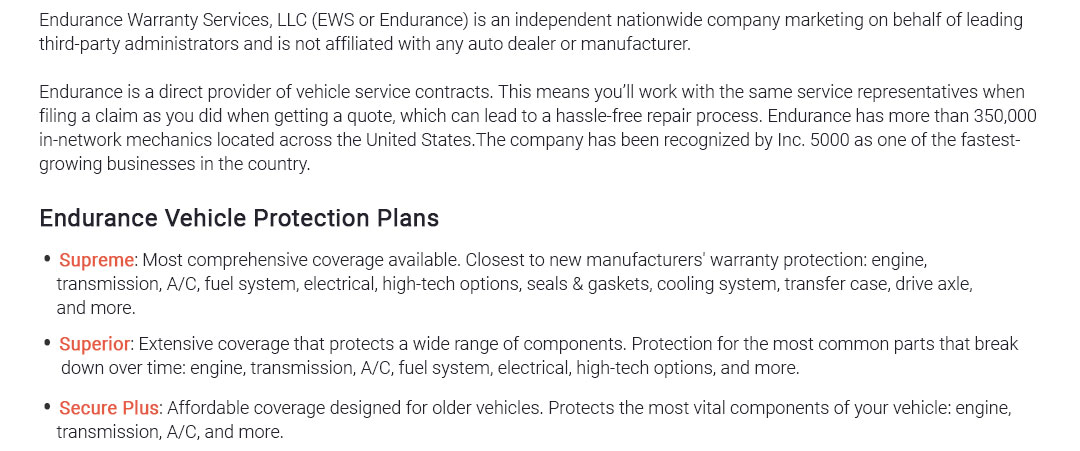 |
|||||||
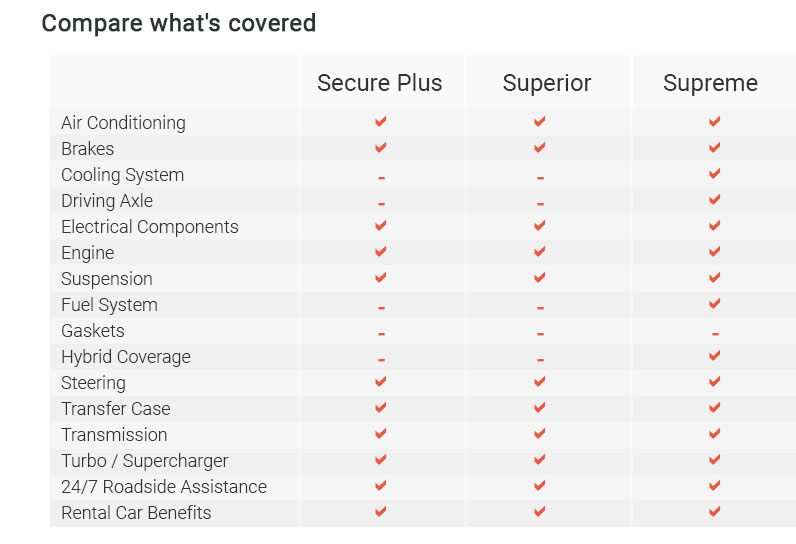 |
|||||||
 |
|||||||
 |
|||||||
|
|||||||
|
||||||
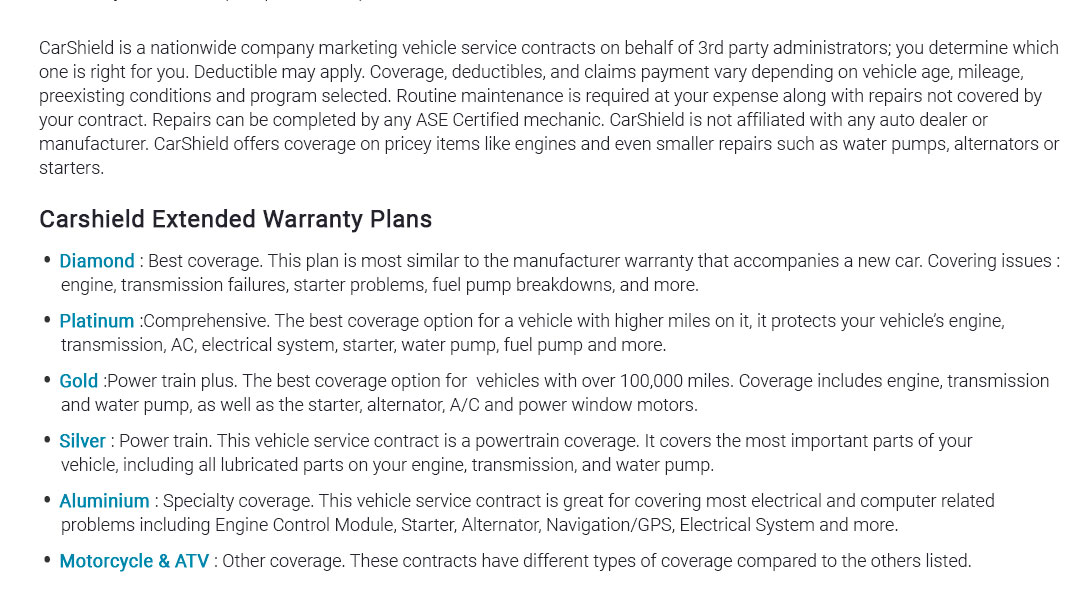 |
||||||
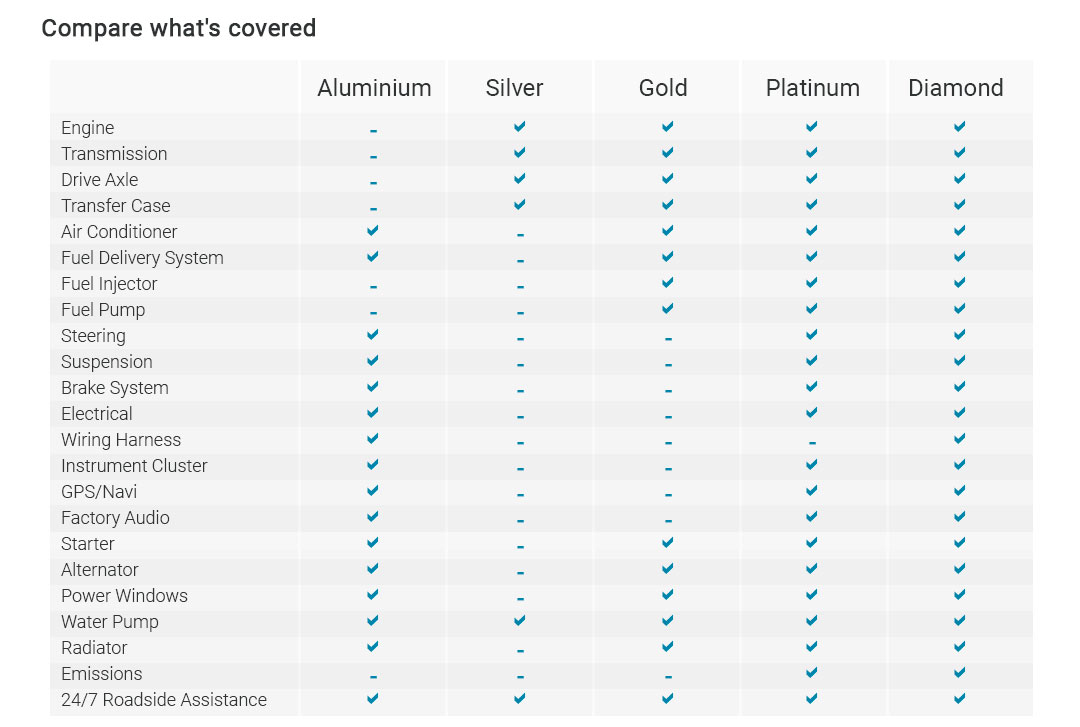 |
||||||
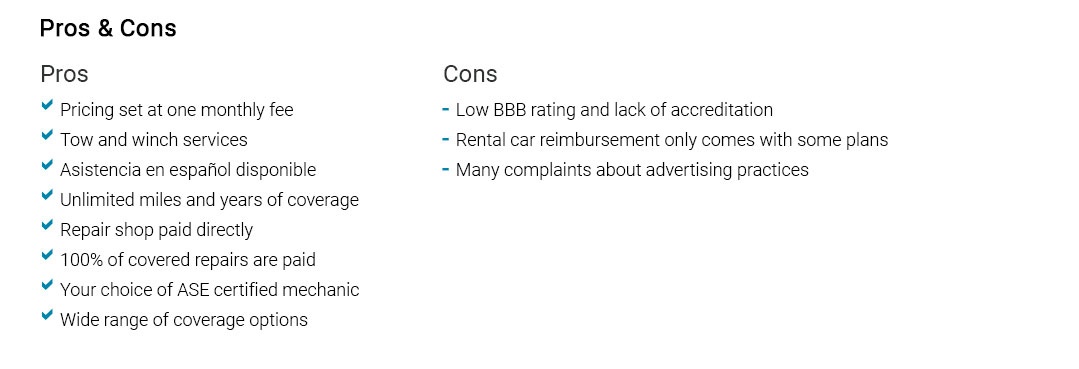 |
||||||
|
 |
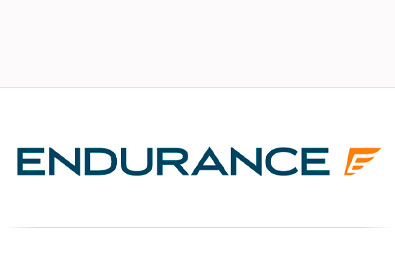 |
 |
 |
 |
 |
 |
|||
 |
 |
|||
 |
 |
The Intricacies of Car Repair Costs: What to ExpectWhen it comes to owning a vehicle, one of the inevitable realities is the need for maintenance and repair. Car repair costs can vary significantly depending on a multitude of factors, making it essential for car owners to understand what they might expect when facing the mechanic's bill. First and foremost, the make and model of your vehicle play a critical role in determining repair expenses. Luxury vehicles and imported brands often come with higher repair costs due to the specialized parts and expertise required. For instance, a simple brake pad replacement on a high-end vehicle might cost double compared to a more common car model. Another pivotal factor is the age and condition of your car. Older vehicles tend to incur higher repair costs as parts wear out and become less efficient over time. In contrast, newer models might benefit from warranties that cover certain repairs, potentially reducing out-of-pocket expenses. It's also noteworthy that regular maintenance can help mitigate unexpected repair costs, as it ensures that minor issues are addressed before they escalate into major problems. The geographic location of the repair shop is another element that can influence costs. Urban areas often see higher labor rates compared to rural locales, reflecting the higher cost of living and business operation in cities. Additionally, the choice between a dealership and an independent mechanic can affect the final bill. While dealerships tend to have higher labor rates, they offer the advantage of technicians who are specifically trained for your vehicle's brand. On the other hand, independent shops may offer more competitive pricing but vary in terms of expertise and service quality. It's also important to consider the nature of the repair itself. Routine maintenance tasks, such as oil changes or tire rotations, are generally predictable in cost. However, unexpected repairs, especially those involving the engine or transmission, can be substantially more expensive and harder to estimate without a thorough inspection.
In conclusion, understanding the factors that influence car repair costs can empower vehicle owners to make informed decisions and potentially negotiate better rates. By staying proactive with maintenance, choosing the right repair shop, and being aware of the specific needs of their vehicle, car owners can navigate the sometimes daunting landscape of car repairs with greater confidence. https://www.reddit.com/r/AskMechanics/comments/18b85vg/how_much_money_do_you_spend_on_car_repairs_on/
Average maybe $300 a year on maintenance/repairs on each car I've own. ... That being said oil changes and normal maintenance don't cost that ... https://www.aaa.com/autorepair/estimate
AAA can provide you with an estimate of the cost. Included in the estimate are breakdowns for parts, labor and the member discount available at all AAA ... https://repairpal.com/estimator
Enter your location and vehicle information; this will be used to calculate your final estimate. ... Search ...
|
















